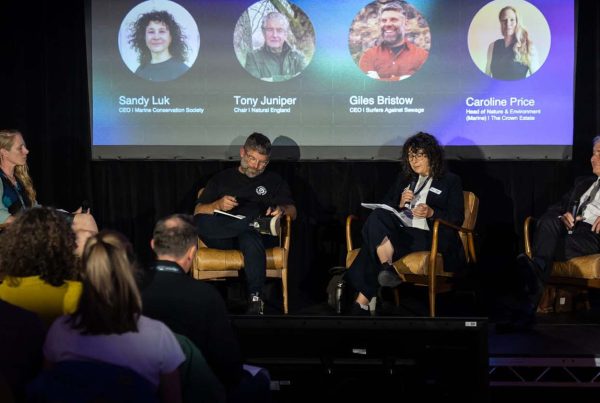The humanitarian sector is facing unprecedented challenges: complex crises, shifting funding landscapes, and evolving global needs. At the same time, organisations are recognising that leadership must evolve to meet these demands. The next generation of humanitarian leaders is not just about experience or technical expertise — it’s about adaptability, collaboration, and values-driven decision-making.
Shared Leadership and Collective Impact
Traditional hierarchical leadership models are being reimagined. Co-leadership and collaborative approaches are becoming increasingly important, allowing organisations to benefit from diverse perspectives, shared responsibility, and more inclusive decision-making. Oxford HR supports these models through recruitment processes that identify leaders who thrive in joint leadership and partnership-based roles, ensuring mission-driven organisations are equipped with resilient leadership teams.
Skills for the Future
Humanitarian leaders of tomorrow need a unique blend of capabilities:
- Systems thinking: Understanding interconnected global challenges and organisational complexities.
- Cultural intelligence: Leading diverse teams across multiple contexts with sensitivity and awareness.
- Resilience and adaptability: Responding to fast-changing situations while maintaining strategic focus.
- Empathy and ethical foresight: Making decisions that balance operational effectiveness with humanitarian values.
Supporting Growth and Development
Finding the right leaders is only part of the solution. Humanitarian organisations also need to invest in leadership development, enabling emerging leaders to grow into their roles with confidence. Oxford HR works with clients to design tailored assessment and development programmes that translate potential into practical leadership impact, from onboarding to succession planning.
Looking Ahead
The next generation of humanitarian leadership will be defined by collaboration, adaptability, and a commitment to ethical, inclusive practice. Organisations that invest in these approaches today are not only better positioned to respond to crises but also to build sustainable, resilient teams that can drive long-term change.
At Oxford HR, we partner with humanitarian organisations to ensure their leadership strategies are fit for the future — combining evidence-based assessment, insight-led recruitment, and development-focused support to help leaders thrive in complex environments.



